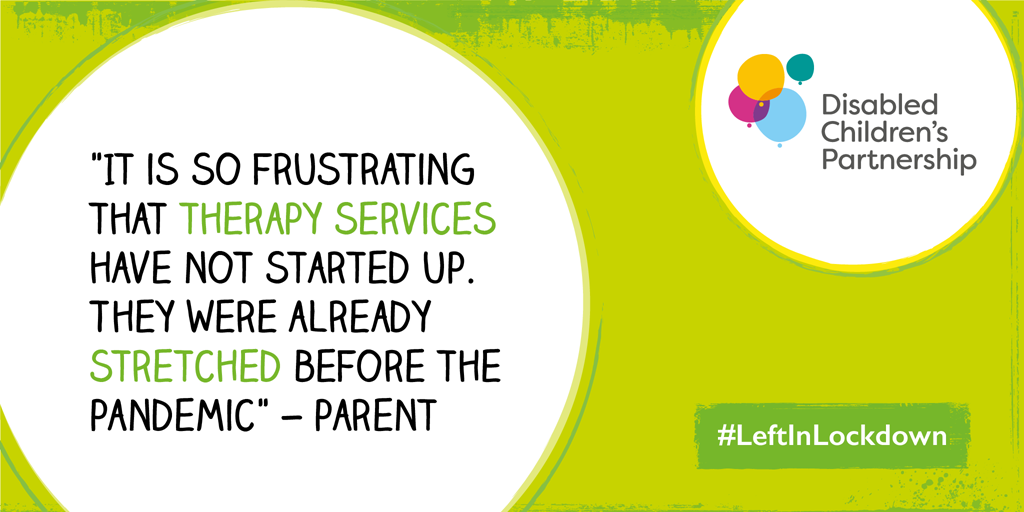
Our call to government to take action
Published on: 02/12/20
Back to School poll reveals the impact the pandemic has had on the return to school for disabled children.
The Disabled Children’s Partnership (DCP) – of which we are a founding member – has published survey results reflecting the impact that the Covid-19 pandemic has had on disabled children returning to school.
More than 3,400 parents took the survey, sharing their experiences of the return to school for their children following the initial Lockdown.
While many families felt the process has gone well and are grateful for the efforts of schools and staff, there are groups of children who have been let down.
Many children who have tracheostomies and those who require certain aerosol generating procedures (AGPs) such as suctioning have been unable to return to school.
The guidance on AGPs was severely delayed and left many children unable to go back to school.
A refusal to return to school was also an issue raised in our survey, with many children facing challenges with anxiety and mental health.
Parents reported delays in assessments for Education, Health and Care Plans (EHCPs) and there was a sizable number of disabled children on part-time timetables with concerns from some of these families about the amount of home-learning support they were getting.
In addition many children and families lost other services such as therapy, transport, social care and mental health support and had not had them restored.
Nine-year-old Ellie, who has complex health needs and who received care at The Children’s Trust, was left without arranged transport for almost two months when she returned to school in September.
Her mum, Farah said: “Transport to and from school is in Ellie’s EHCP but my local authority were unable to get it in place. I don’t drive, but luckily my husband was off work so we were able to get her to school.I pushed and followed up constantly until her transport was put in place but some parents don’t feel they are able to do this. Those children could possibly miss out on vital education.”
She added: “Ellie absolutely adores school. She only returned this year after two years off and I see a huge difference in her mental health. Kids, particularly those with disabilities, thrive on the routine of school.”
In light of the survey, DCP is calling on the government to do more to hold local areas accountable for getting all children back to school.
DCP is also calling for:
- A statement from NHS England that therapists and other health professionals supporting disabled children should not be redeployed, and should be back in schools providing children with the therapies they need
- Special schools to be given the same access to testing as residential special schools
- The government’s Special Educational Needs and Disability (SEND)and children’s social care reviews to involve input from families and their experiences during the pandemic.
- The conclusion and publishing of the long-awaited SEND review.
Dalton Leong, Chief Executive of The Children’s Trust, said: “The pandemic has created enormous challenges for local authorities and, sadly, widened cracks that were already in the system. However, this must not be used as an excuse to stop children receiving education.”
